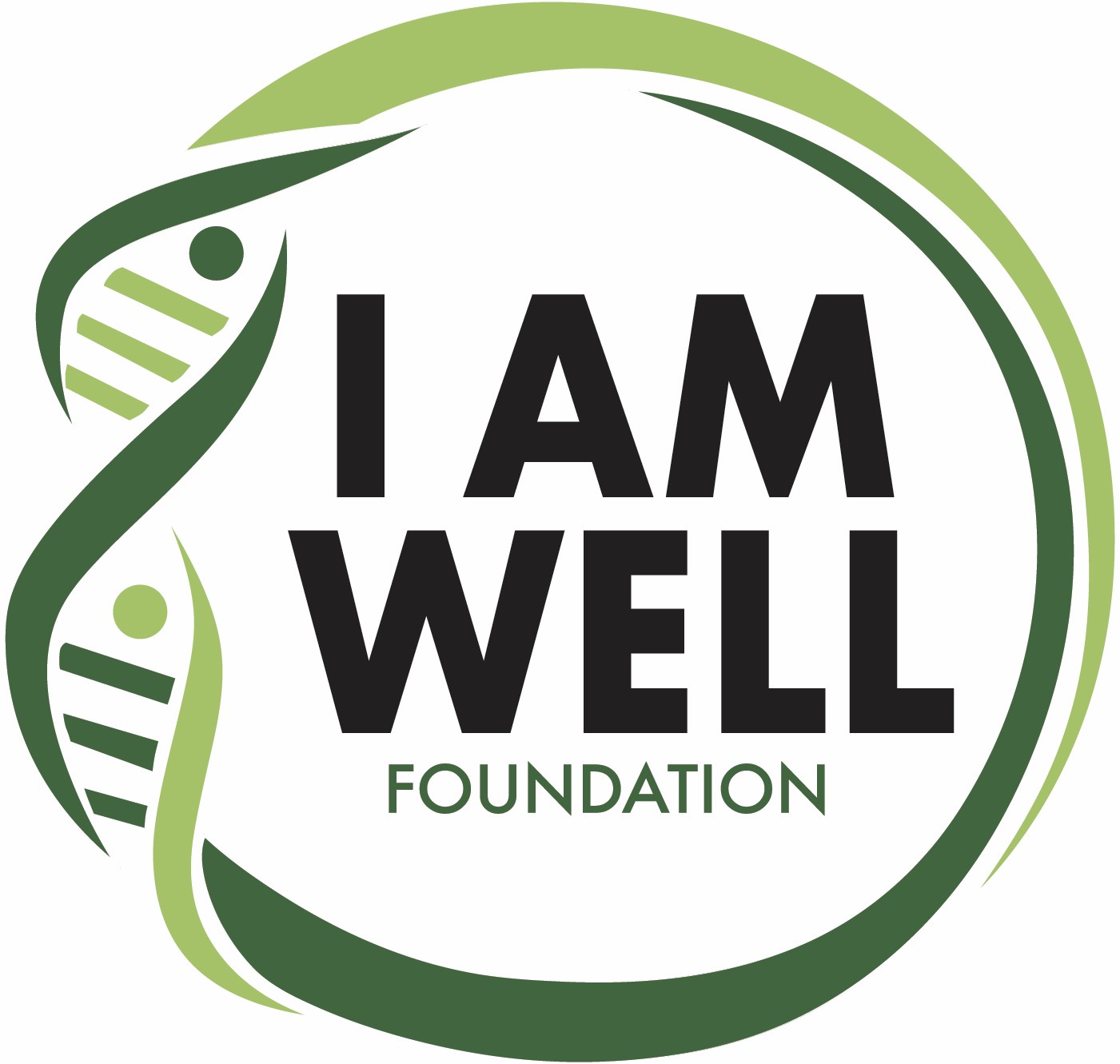NUTRITION
Nutrition provides living organisms with the energy to live, grow and reproduce. Human beings eat a variety of foods to receive nutrition, which includes carbohydrates, proteins, fats, water and minerals. Whole, organic, ethically sourced, natural foods tend to provide overall optimal physical mental, emotional and spiritual health. Many of these foods are tasty and physically filling, as well as emotionally, mentally and spiritually fulfilling. Once food is ingested, the body burns foods to release and then utilize the energy. Current science indicates a diet of 2000 calories can help to sustain an average person’s body mass, with an average level activity. However, most people do not fall into “average” categories of mass and activity. This means, many people are consuming far too many calories for their level of mass and activity.
Signs of Optimal Health & Wellness
Human beings need the appropriate amount of nutrition based on their body mass and activity levels. Indicators of thriving include:
- Vital and energetic
- Ease of movement
- Healthy physiological systems, including clean, clear skin, intact teeth and properly functioning organs
- High energetic vibrations
- Positive mood and outlook
- Clarity of thought
- Ability to move and change activities
- Ability to sleep properly
Warning Signs
When nutrition levels are too low or unbalanced with body mass and energy levels, stagnation, decline and death can occur. It’s important to note, those who may be considered overweight can still experience signs of malnutrition. Indicators of poor or unbalanced nutrition include:
- Tired and fatigued
- Weakness
- Poor skin, teeth and mouth health
- Fragile bones, teeth and nails
- Constant physical, mental, emotional and/or spiritual stress
- High blood pressure and cholesterol
- Kidney stones, galls stones or diabetes
- Overall body toxicity
- Fatty liver
- Puffiness and bloat
- Over or underweight
- Decreased activity
- Decreased mental clarity and acuity
- Knee, hip and joint issues
- Obesity induced back issues
- Feelings of remorse
- Inability to thrive
- Depression
SELF EVALUATION
Often, poor or unbalanced nutrition can be corrected by changing eating patterns, habits and types of food being ingested. The “stop, challenge, choose” method encourages people to make intentional decisions when eating, considering the reasons for eating (hunger versus emotional satisfaction), and understanding the right portion sizes for their body mass, energy levels, and desired weight. Learning about what foods feel energizing and empowering can help people to make healthy decisions. In addition, working to ensure all human beings have access to healthy, affordable food options can provide for spiritual, as well as physical, mental and emotional health. Growing one’s own food, and increasing access to education about diets, foods and nutrients can provide personal satisfaction, and a positive societal impact.
Meal prep and learning to cook is also important. This provides more personal control and autonomy in deciding what foods to eat and how much of them. Fortunately, there are a wide variety of health food options and cooking classes currently available. Because nutrition, the act of consuming food, and the energy provided by nutrition impact a human being’s overall body, mental, spiritual and emotional self, eating to deal with emotional pain and trauma is an important issue human beings must often mitigate. While certainly okay for short and infrequent instances, emotional eating for long-term spiritual, emotional and mental trauma causes severe damage to the body. When one is eating for long-term emotional trauma, counseling to address the trauma should replace overeating patterns.
SELF-CARE
- Eat foods that are high in healthy nutrition
- Avoid foods that cause inflammation
- Practice portion control
- Learn to cook
- Learn about the impacts of sugar
GET SUPPORT
Prevention and sustainable eating and nutrition habits can help ensure human beings avoid the need for outside intervention. However, when eating habits, weight (under or over), food-based coping behaviors (such as anorexia or bulimia), or lack of food impacts a person’s ability to perform daily tasks, and overall well-being, intervention services should be sought. These might include:
EMERGENCY
If you or someone you know is experiencing extreme difficulty in breathing, moving or thinking:
- Dial 911; or
- Go the nearest hospital emergency room
